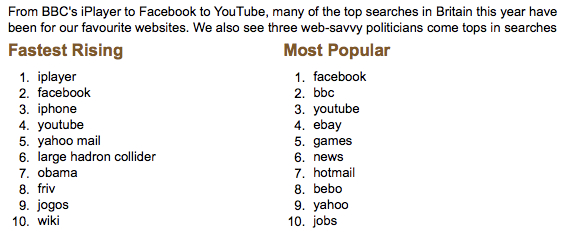The latest piece of second-hand gossip about Steve Jobs’s health from “a previously reliable source” (who, of course, cannot be named) provoked a (temporary) drop of 4 per cent in Apple’s share price. Even as I write, business reporters are frantically tapping out speculative articles on the subject whether Apple could survive the demise of its charismatic CEO.
There’s something deeply neurotic, nay pathetic, about this. It’s the journalistic equivalent of that mysterious phenomenon, “stock market sentiment”, which is just a fancy way of describing the way a flock of sheep acts when one of its members fancies that she might have seen a wolf.
That’s not to deny that people and personalities matter. Steve Jobs brought Apple back from the dead: he took a company that had become incoherent and gave it a sharp focus. He then helped it to re-invent itself. If he hadn’t returned from NeXT and Pixar when he did, Apple would now be just a fond memory, or perhaps just another trophy acquisition of HP like Compaq and DeC.
Similarly, without Bill Gates in the 1980s Microsoft would never have become the ferocious, paranoid, single-minded corporation it was. It became, for a time, literally a corporate extension of its co-founder’s weird personality. And indeed that fact nearly caused its break-up in the Netscape anti-trust case, from whose consequences it was saved only by a fortuitous change in the US Administration.
But that was then and this is now. If Steve Jobs were to die or to stand down because of ill-health, Apple would undoubtedly be affected (and its share price would undoubtedly fluctuate). But it’s a different outfit now from the demoralised one that Steve rescued. It’s a much more mature company — indeed, like Microsoft, it’s approaching corporate middle age. It more or less owns the online music business. It’s on its way to doing the same in video downloads. And it is causing havoc in the mobile phone business which — if the industry isn’t careful — it will also come to dominate.
So while Jobs would be a big loss to Apple — and an even bigger loss to the feature writers and columnists who feast on the Reality Distortion Field that surrounds him — I’ve no doubt that the company would weather the storm, just as Microsoft survived the departure of His Billness to the charity business.

